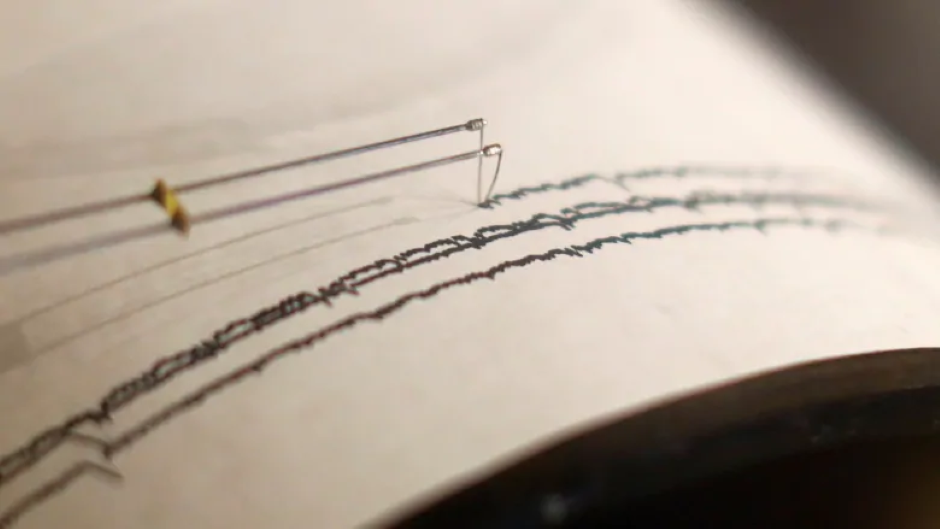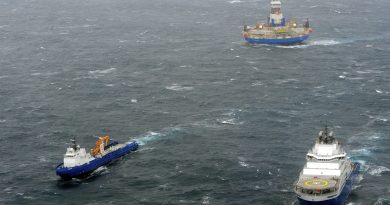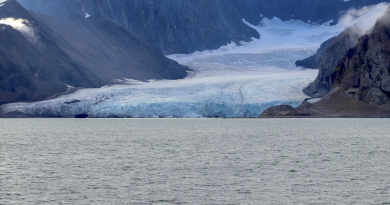Powerful 7.8 earthquake hits Alaska isles; tsunami threat over

A powerful 7.8-magnitude earthquake struck the Alaska Peninsula late Tuesday, triggering a tsunami warning that sent residents fleeing to higher ground before it was called off without any damaging waves.
According to the U.S. Geological Survey, the quake struck Tuesday at 10:12 p.m. local time. The quake was centred in waters 105 kilometres south-southeast of Perryville, Alaska at a depth of 28 kilometres, deeper than an earlier estimate.
The quake triggered tsunami warnings for South Alaska, the Alaska Peninsula and the Aleutian Islands that was called off early Wednesday, about two hours after the quake.
Tsunami warning sirens could be heard blaring in videos posted on social media as residents heeded warnings to evacuate.
Hours later, a 5.1-magnitude earthquake struck 220 kilometres off the coast of Tofino, B.C., on the western edge of Vancouver Island. Earthquakes Canada said the tremor, registered at at 4:33 a.m. PT, was not felt and did not create a tsunami risk.
WATCH | Siren roars in Kodiak, Alaska after 7.8 magnitude quake
Schools opened for evacuees
On Kodiak Island in Alaska, the local high school opened its doors for evacuees, as did the local Catholic school, the Anchorage Daily News reported.
“We’ve got a high school full of people,” Larry LeDoux, superintendent of the Kodiak School District, told the Daily News. “I’ve been passing out masks since the first siren sounded.”
“Everything’s as calm as can be.”
He said between 300 and 400 people were at the school.
The Pacific Tsunami Warning Center said there had been no threat to other U.S. and Canadian Pacific coastal areas.
There is no tsunami threat to #BC. https://t.co/ifW7BSVoGI
— Emergency Info BC (@EmergencyInfoBC) July 22, 2020
According to the USGS, since 1900 there have been six other earthquakes of magnitude 7.0 and higher within 250 kilometres of Tuesday’s quake. The largest of those was an 8.2 quake in 1938.
The Alaska-Aleutian Trench was also where a magnitude 9.2 quake in 1964 was centred.
Related stories from around the North:
Antarctica: South Pole warmed 3 times the global rate over the past 30 years, new study suggests, Thomson Reuters
Canada: How sub-Arctic seas are influencing the Arctic Ocean and what it’s telling us about climate change, Eye on the Arctic
Finland: Finland behind on sustainable development goals, Yle News
Greenland: COVID-19 delay, early ice melt challenge international Arctic science mission, The Associated Press
Iceland: Ice-free Arctic summers likely by 2050, even with climate action: study, Radio Canada International
Norway: Norway to expand network of electric car chargers across Arctic, The Independent Barents Observer
Russia: Record 38C temperature recorded in Arctic Siberia, Eye on the Arctic
Sweden: January temperatures about 10°C above normal in parts of northern Sweden, says weather service, Radio Sweden
United States: Temperatures nearing all-time records in Southcentral Alaska, Alaska Public Media



